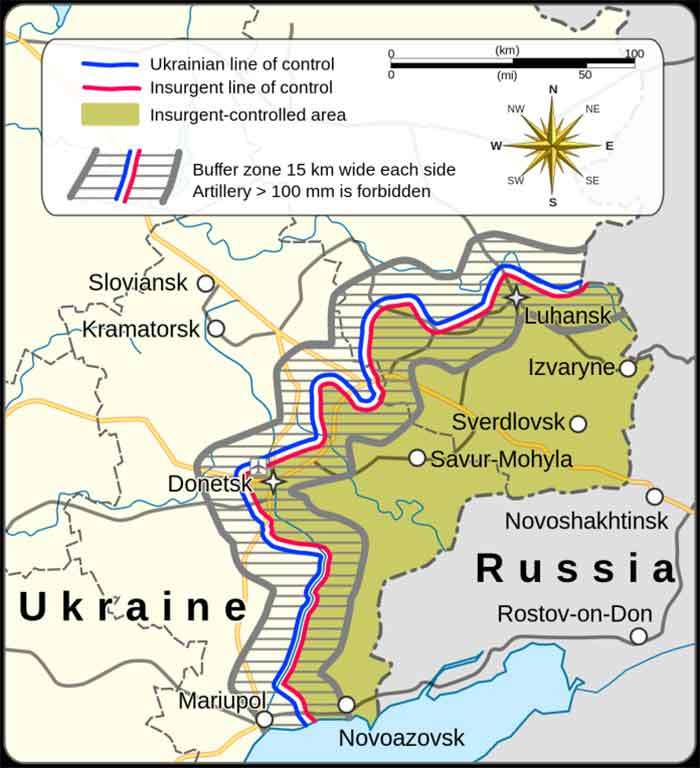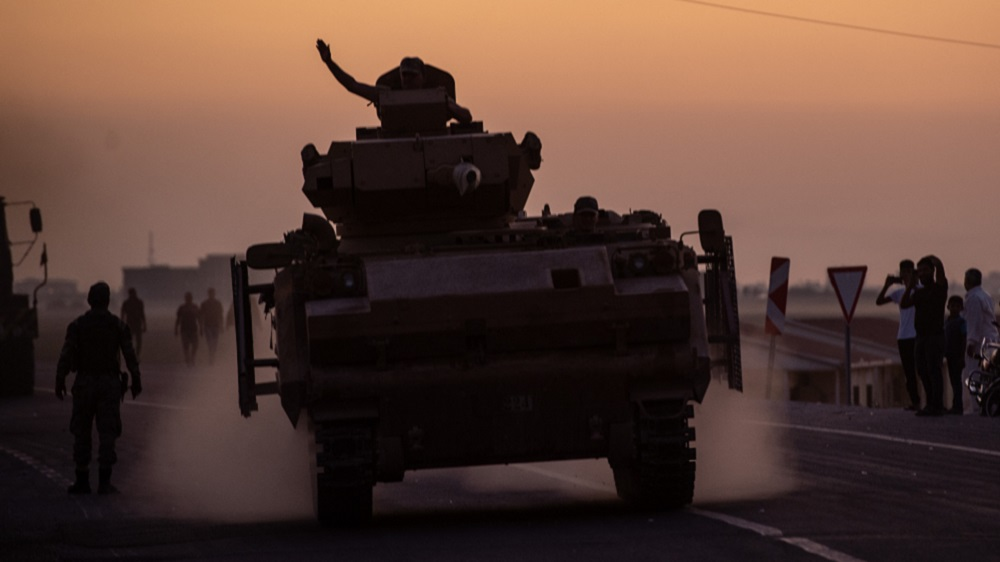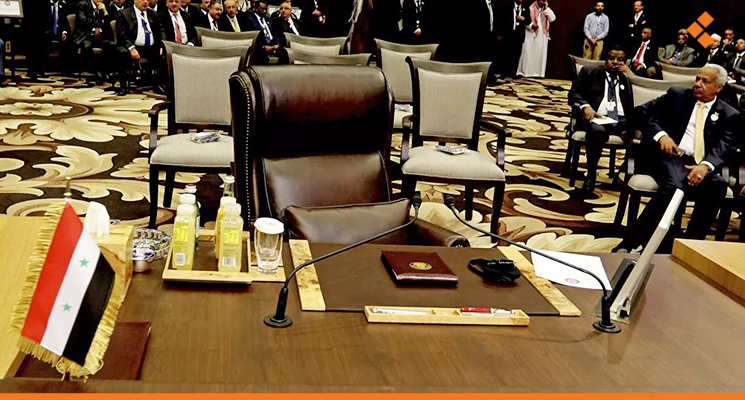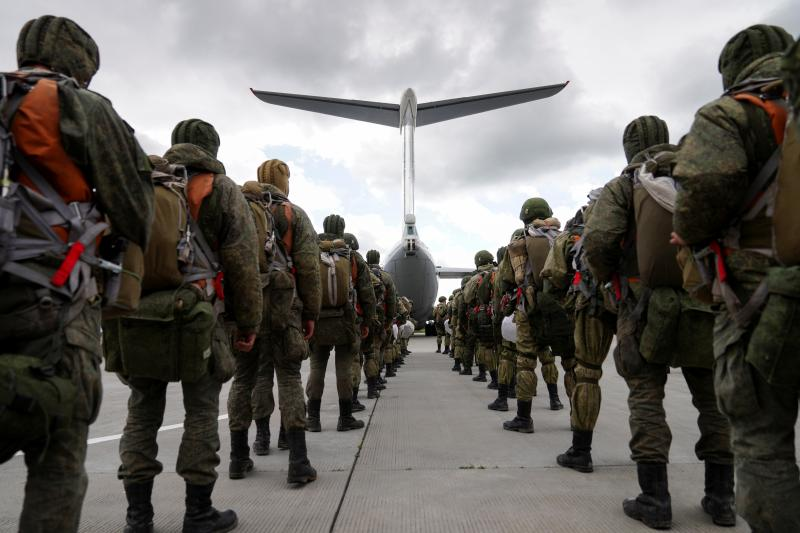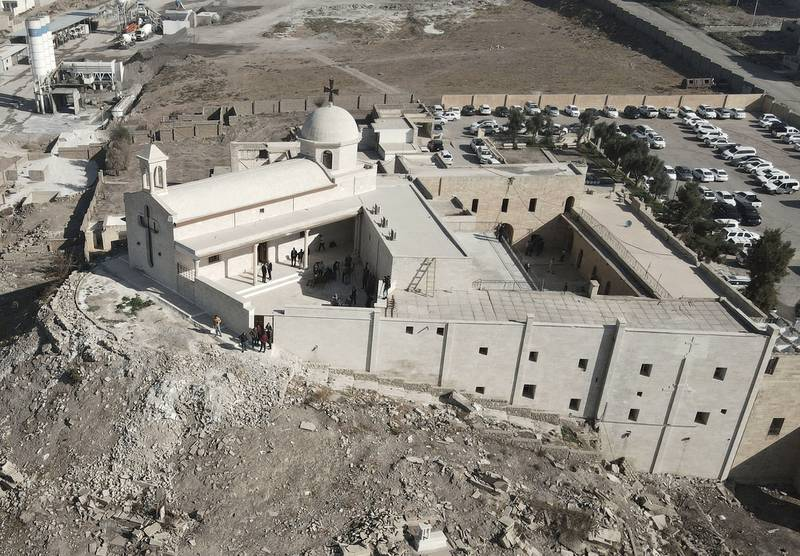A Neglected Crisis in Bosnia Threatens to Boil Over
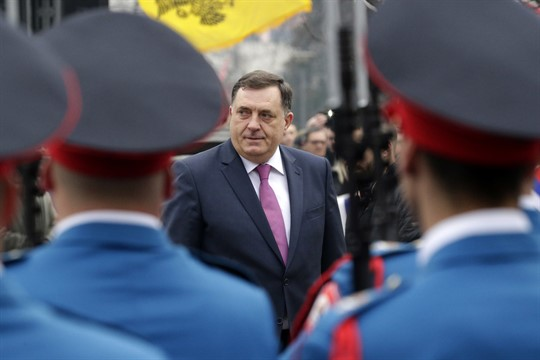
Bosnia-Herzegovina could be on the brink of a political collapse that triggers a new conflagration in the Balkans. There is a growing consensus among experts that this is the country’s most dangerous moment since the 1995 Dayton Accords, which ended a war that cost 100,000 lives and displaced more than 2 million people. Analysts also say stability in the Balkans has been eroded recently by the disengagement of the European Union and United States.
“The prospects for further division and conflict are very real,” the international community’s chief representative in Bosnia, Christian Schmidt, wrote in a report to the United Nations that was leaked earlier this month.

